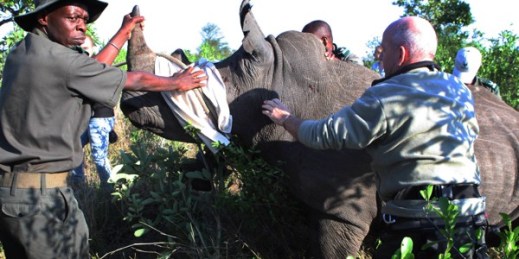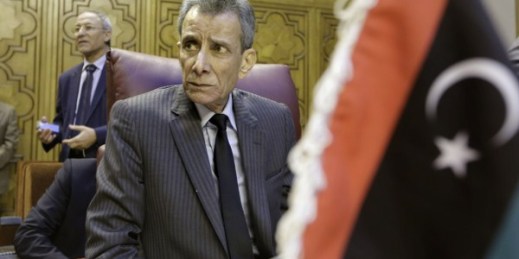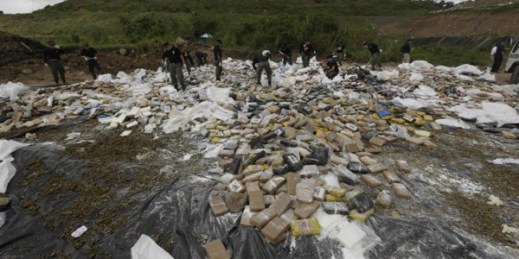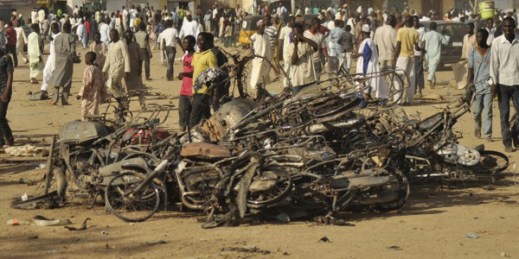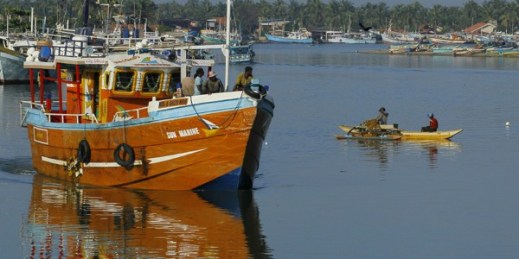
Environmental crime, despite being a more than $200 billion black market industry, has long been viewed as a tree hugger issue. However, an increasing body of evidence suggests that protecting our oceans, forests and wildlife is not only a matter of conservation, but one of global development and even national security. As a result, governments are finally taking more decisive action. Consider the issue of illegal, unreported and unregulated (IUU) fishing. Since the 1960s, fish consumption has risen from an annual average of 22 pounds per person to nearly double that today. With the world’s middle class projected to reach […]

